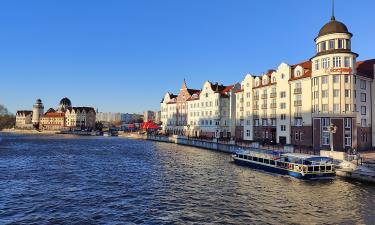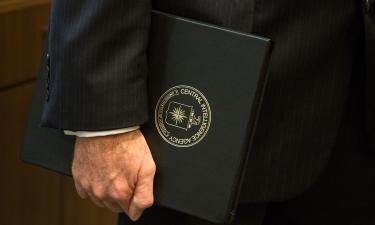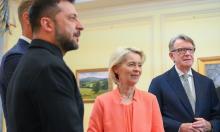Rich countries at a donor’s conference on bird flu in Beijing
Disease experts urged rich countries at a donors conference Tuesday to come up with the US$1.5 billion (euro1.2 billion) that the World Bank says is needed to tackle bird flu and prepare for a potential pandemic in humans. "We're talking about a tremendous amount of money here for an issue that is clearly of global importance. The stakes are very high," James LeDuc, a viral illness expert at the U.S. Centers for Disease Control and Prevention, told The Associated Press at the opening of a two-day conference in Beijing.
"Whether it's SARS, or monkey pox, or avian influenza, or whatever the next outbreak, the capacity that we're building is going to be very important for global health," he said. The international donors' conference in Beijing is focused on raising money to fight bird flu, which has killed at least 79 people in Asia and Turkey since 2003. The World Bank has said that up to US$1.5 billion is needed over the next three years, and as the conference opened on Tuesday, there were hopes that donors might exceed that. The European Union will pledge about US$121 million (euro100 million), about US$20 million more than it had initially announced last week in Brussels, Markos Kyprianou, the European Commission's health commissioner told the AP on the sidelines of the conference.
The EU's 25 member states were also expected to pledge about US$120 million in total, he said. Also Tuesday, the World Health Organization said that Swiss drug maker Roche Holding AG has agreed to donate another 2 million courses of the antiviral Tamiflu to help poor countries battling the disease. Each course has 10 pills.
The new donation will be used to help poor countries treat cases of human bird flu as they develop to try to reduce the number of deaths and slow the spread of infection, said Dr. Margaret Chan, assistant director-general for communicable diseases at WHO.
Roche last year donated 3 million courses of the drug, believed to be most effective in treating bird flu, to WHO for a global stockpile that would be distributed wherever a pandemic flu strain emerged, she said. Roche company officials have said about 150 million treatments are expected to be produced this year.
The World Bank has said about 45 percent of the donors' funding would be spent in Vietnam, Cambodia, Indonesia, Thailand and Laos, countries where the H5N1 virus is already endemic. Most human cases have been traced to contact with infected birds, but experts fear the virus could develop the capacity to transmit easily between people, sparking a possible flu pandemic which could kill millions.
Chan said it's impossible to reassure donors that a pandemic will occur anytime soon, but she said all the warning signs are there and countries should not ignore those signals. "Some people are saying, 'Are you diverting resources from HIV/AIDS? From polio? From tuberculosis?"' she said. "My answer is whatever resources you put in place (for pandemic preparedness), compared to the possible economic losses in the event of a pandemic, is peanuts", reports the AP. N.U.
Subscribe to Pravda.Ru Telegram channel, Facebook, RSS!




